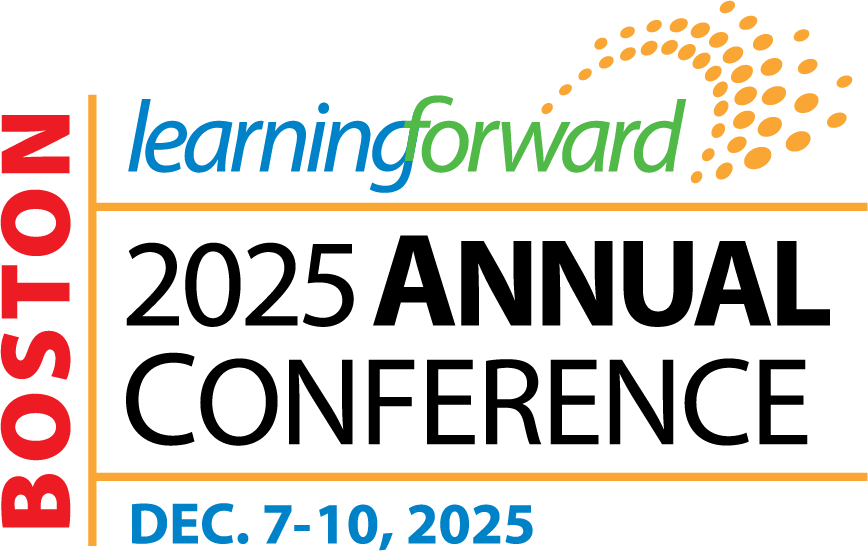Audience:
Technical Assistance Providers
1411 | Empowering Teachers and Leveraging Local Leadership Through STeLLA
Learn from instructional coaches, professional learning facilitators, and researchers about BSCS Science Learning’s professional learning program Science Teachers Learning from Lesson Analysis.
2102 | Evaluation Insights: Assessing the Impact of Professional Learning
Are your professional learning initiatives hitting the mark? Gain practical tools, strategies, and data review techniques to simplify evaluation using a participatory framework that enhances participants’ Knowledge, Aspirations, Skills, Attitudes, and Behaviors (KASAB) to improve student outcomes. Explore proven strategies, protocols, case studies, impact data, and adaptable resources to strengthen your professional learning evaluation efforts.
2202 | Digital Voice: How Podcasting Improves Student Outcomes
Develop methods for multilingual learners to practice academic language through podcast creation and discussion. Empower students to refine their language skills while exploring content that resonates with their experiences and interests.
2209 | Standards 101
Fuel your passion for professional learning by discovering the power of the Standards for Professional Learning. They point the way to improving student outcomes by drawing on research of system, school, and educator content, processes and conditions that lead to success. Bring your current professional learning plan for a deeper learning experience!
TT233 | What’s AI Got to Do with Teacher Training?
Explore the history of AI in coaching and professional learning, gaining insights into its evolution and impact. Simulate leveraging AI to create a dynamic, safe space for practice and skill-building, and discuss how to effectively integrate AI-driven simulations into teacher preparation.
TT245 | Add the Art of Access to Your Skill Set
Design instruction that supports all learners — students with disabilities, multilingual learners, and those with varying academic skills — without lowering expectations. Meet the “layered cake” approach, a practical framework for building access at multiple levels: whole-class, small-group, and individual, leading to meaningful participation in grade-level learning.

